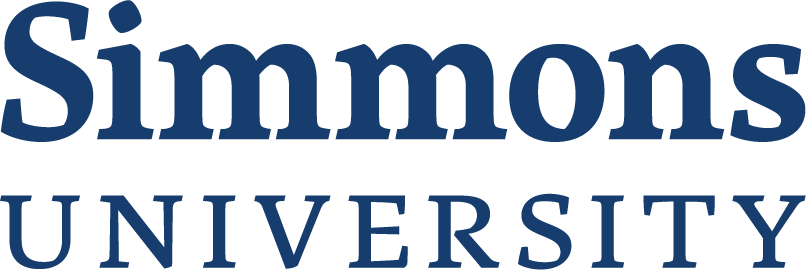Call for Papers: Fake News and Library & Information Science
Posted May 2, 2018
CALL FOR PAPERS – DEADLINE EXTENDED TO MAY 15th!
NOTE: Due to a glitch in the OPIS system, proposals should be emailed directly to the editors (info below).
A SPECIAL ISSUE ON FAKE NEWS AND LIBRARY AND INFORMATION SCIENCE
https://www.degruyter.com/page
Recent developments in the information sphere have created an environment of distrust and have emphasized the need for increased information/media/digital literacy. In this information environment, the notion of a universal truth is virtually non-existent and individuals seemingly choose their own truth. Also problematic is the general idea that any information with which one disagrees can be labeled “fake.” While information professionals have always advocated for the critical evaluation of information and sources, there has not been a connection made between Library and Information Science as a discipline and what the U.S. has been experiencing with regards to fake news, the weaponization of information, or the need for information literacy. This gap is reflective of the longstanding disconnect between the public and Library and Information Science.
The guest editors welcome a broad spectrum of submissions on topics related to Fake News, including, but not limited to, topics such as:
- Digital literacy
- Professional activities, roles, skills, responsibilities to combat Fake News
- Pedagogy and Fake News
- The Weaponization of Information
- The Social Impact of Fake News
- Impact of Fake News on Democracy
- History of Fake News
- Fake News, Politics, and the Media
- Implications for Information as Evidence
Submissions should include the following:
- The author’s full name, physical address, and email address
- A title for the proposed paper (a tentative title is acceptable)
- A proposal of no more than 500 words, outlining the theme, research question, hypothesis or focus of the paper, the research approach to be taken to the study (for theoretical or conceptual papers) or the research strategy and methodology to be used (for a research paper or case study), and any other details that help explain the intended purpose and scope of the paper
- Between 3 and 6 keywords to represent the themes or topics in the paper
Final Papers should be from 6,000-8000 words, including notes and appendices, and formatted to the Instruction for Authors.
Authors will be notified of acceptance by June 15, 2018. Final papers are due September 15, 2018. Tentative Publication: Spring 2019
All submissions will follow a full peer review process.
This special issue is co-edited by Renate L. Chancellor (Catholic University of America, USA) and Shari A. Lee (St. John’s University, USA).
PROPOSALS, comments and/or inquiries should be directed to either Renate ([email protected]) or Shari ([email protected]).
Please email your completed proposal by May 15, 2018.
